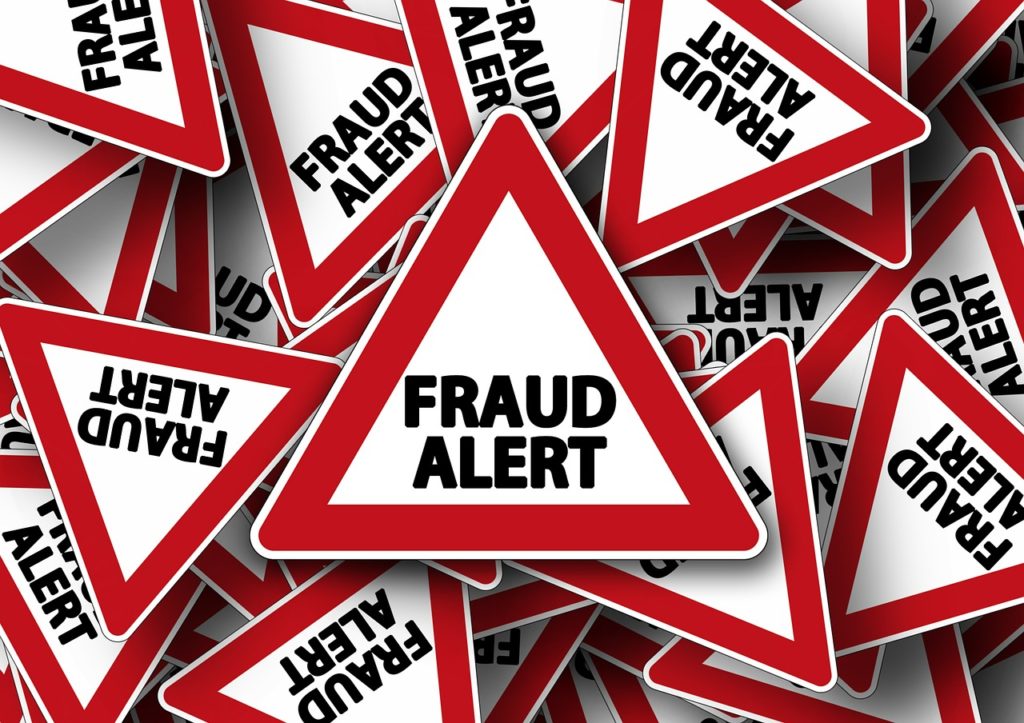
There are many versions of fraudulent schemes that aim to separate people from their hard earned assets. Awareness is key to help mitigate fraud that happens almost every area of life. Here are ways to avoid fraud in the business world and charities, as well as protecting accounts and credit identity at home.
Table of Contents
Business Fraud
Even a small business can benefit from an internal audit that focuses on finances and inventory. Being proactive about establishing a company ethics policy lets employees know that fraud will not be tolerated. You may want to hire a lawyer with a USC LLM to make sure your policies meet standards for business law.
Training all employees how to spot fraudulent activity among co-workers, suppliers, and customers helps to create awareness and may save you money. To avoid human resource headaches and to protect your capital, make sure that all potential new hires get a background check before they are offered the job.
Fraud at Home
There are several ways that fraud can affect you and your loved ones even at home. Almost everyone has seen suspicious looking emails and pop-ups online, but some frauds claiming to be from your bank are very sophisticated. Posing as your bank, they will ask for identifying information so that they can steal from your bank account. Never answer an email or pop up asking for personal information.
Telephone or mail scams against the elderly are another form of fraud that can happen at home. The scam may be a fake sweepstakes or an appeal to buy merchandise and investments, and the perpetrators are usually relentless on their pursuit of senior citizens and their money. One good way to help an elderly relative or friend is to help them get on the do not call and do not mail lists. Also proactively talking about fraudulent activity and how to respond to fake sales pitches may help avoid a problem in the first place.
Identity Theft
Whether your computer has been hacked, your purse stolen, or your mail taken, you can become a victim of identity theft. One of the first things to do is to contact your bank and creditors and let them know about the theft. They can close accounts so that the thief cannot get access. Remember to document all actions you take to clear your identity in writing.
The next step is to file theft reports with the Federal Trade Commission and your local police department. You will most likely need additional copies of these reports to send to various creditors and credit reporting agencies such as when you request a fraud alert on your credit report. This can keep accounts from being opened in your name without your knowledge. Later, keep checking on your credit reports and your social security benefits statement to make sure there is no more fraudulent activity.
Charity Fraud
The USC MPA has noted that fraud is increasing in the charity sector. Using a false charity to appeal for donations happens by many means including the internet, in person, by phone, and by mail. When deciding whether or not you should contribute, ask the solicitor if you can learn more about the mission of the charity and how donated funds. If you do not think the answer is legitimate, refuse the request to donate.
If the solicitor is pressuring you to donate immediately, or in cash only, or states that they cannot issue proof of your donation’s tax deductibility, refuse to donate. Another charity scam makes use of a very similar name of a reputable charity in order to fool people into donating funds.
With awareness and proactivity, you can avoid the many pitfalls of fraudulent activity. When questioning the legitimacy of any institution, sales pitch, or email communication, stop and do your homework before disclosing sensitive information or your money.